Introduction to Hydroxypropyl Methyl Cellulose (HPMC)
Hydroxypropyl Methyl Cellulose (HPMC) is a versatile chemical additive widely used in the construction industry. Derived from highly purified cotton fiber through a specialized etherification process, HPMC offers exceptional performance in cement mortars, ceramic tile adhesives, and other construction applications. Its unique properties, including high water retention, dimensional stability, and film-forming capabilities, make it an essential component in modern building materials. Learn more about HPMC.
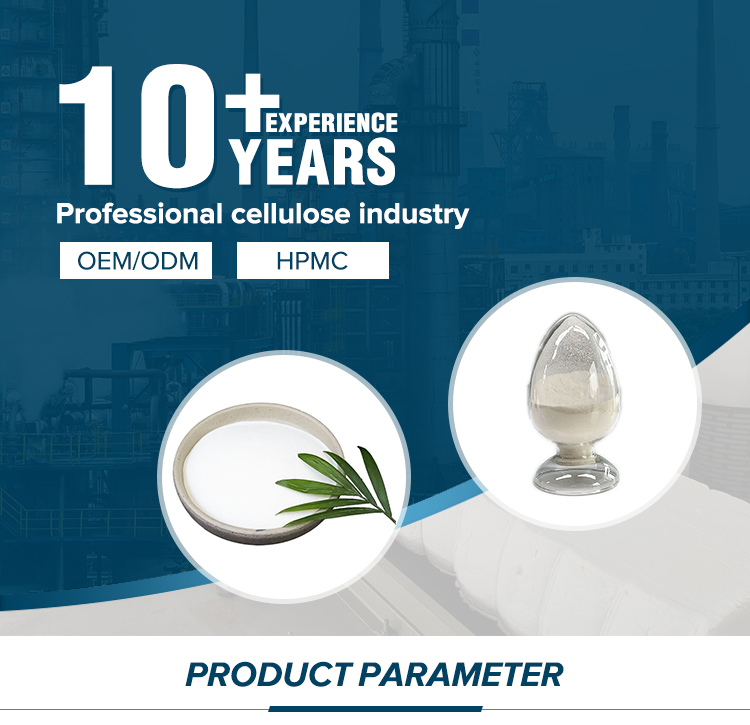
HPMC is a white or milky white powder used in construction applications.
Product Features and Technical Specifications
HPMC's technical specifications highlight its suitability for demanding construction environments. Below is a detailed overview of its key characteristics:
| Parameter | Specification |
|---|---|
| Appearance | Milky white or white powder |
| Carbonization Temperature | 280-300% |
| Color Temperature | 190-200% |
| Particle Size | 100 mesh pass rate >98.8%; 80 mesh pass rate 99.9% |
| Apparent Density | 0.25-0.70g/cm³ (typically 0.5g/cm³) |
| Specific Gravity | 1.26-1.31 |
| Solubility | Soluble in water and certain solvents (e.g., ethanol/water, propanol/water) |
These specifications ensure HPMC's compatibility with various construction materials while maintaining stability and performance under different environmental conditions.
Key Advantages of HPMC in Construction
HPMC provides several benefits that enhance the performance of construction materials:
- Thickening Ability: Enhances the viscosity of cement mortars and adhesives, improving workability.
- Salt Resistance: Maintains stability in the presence of salts, preventing degradation.
- Water Retention: Ensures consistent hydration of cement, reducing cracking and improving adhesion.
- Dimensional Stability: Minimizes shrinkage during drying, preserving the structural integrity of coatings.
- Adhesion and Dispersibility: Enhances the bonding strength of tile adhesives and coatings.
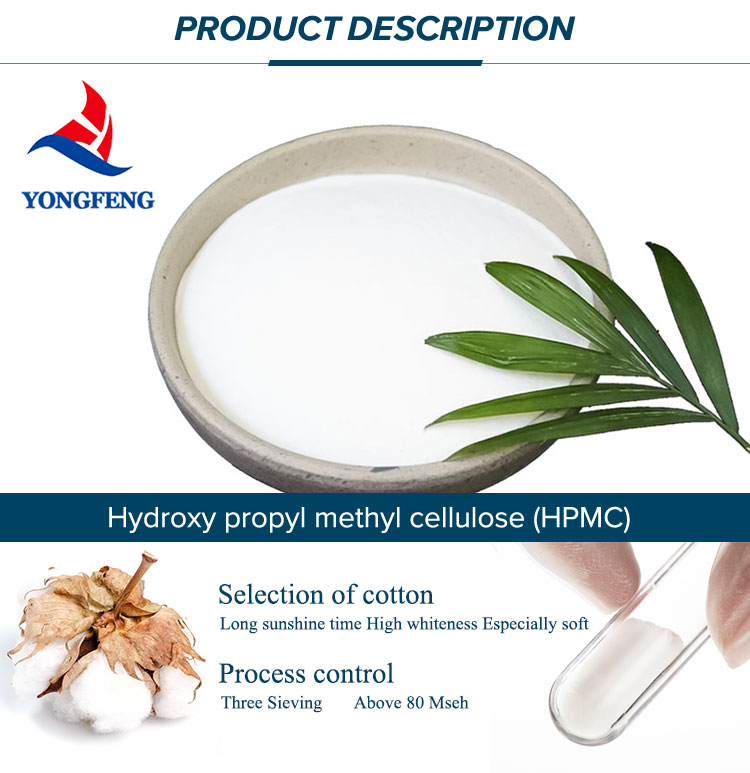
HPMC improves the workability and water retention of cement mortars.
Applications in the Construction Industry
HPMC is a critical component in various construction applications, including:
1. Cement Mortar
HPMC enhances the fluidity and cohesion of cement mortars, ensuring even distribution and improved adhesion to substrates. Its water retention properties prevent premature drying, which is crucial for optimal curing.
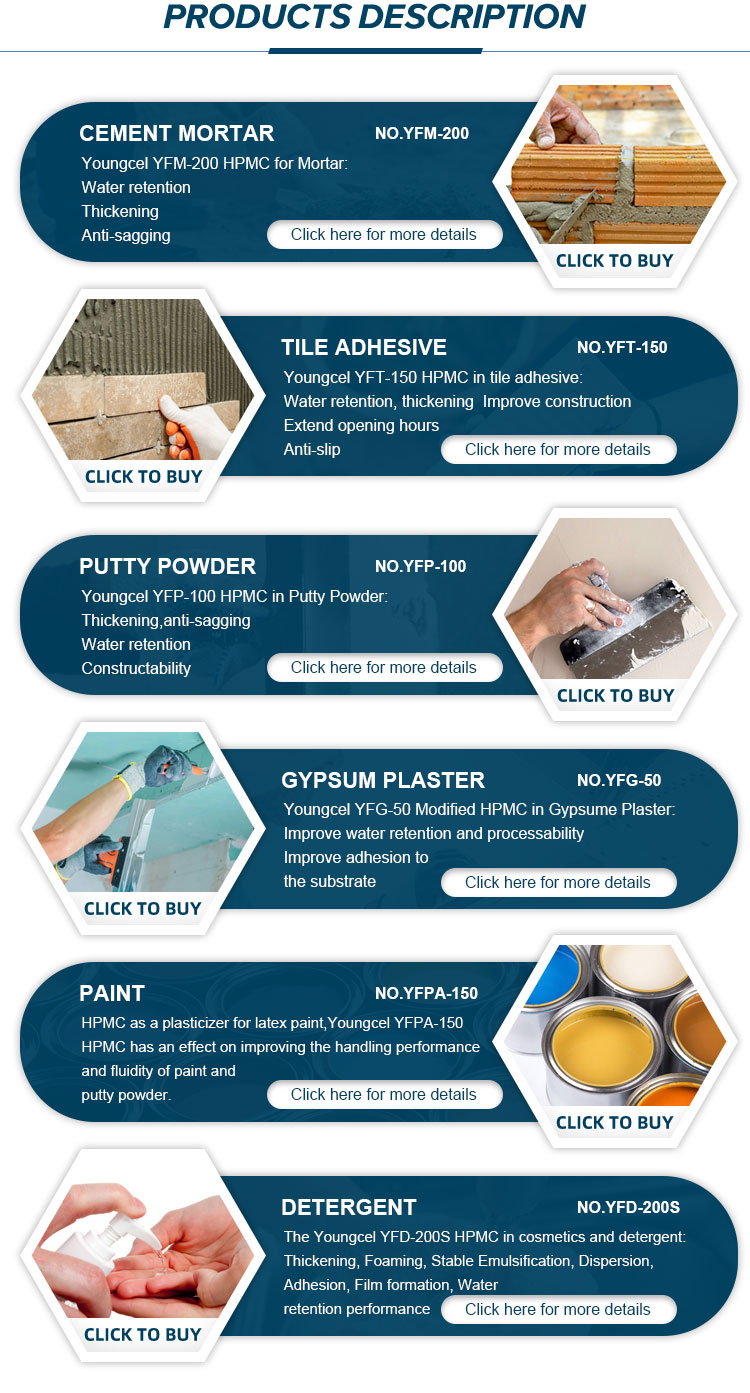
HPMC is used in ceramic tile adhesives to improve bonding strength.
2. Ceramic Tile Cement
In ceramic tile installations, HPMC acts as a suspension agent and fluidity improver, ensuring even application and strong adhesion. It also enhances the durability of the tile-to-substrate bond.
3. Refractory Coatings
HPMC is used in asbestos and other refractory coatings as a suspension agent, improving the flowability and adhesion of the coating material. This application is particularly valuable in high-temperature environments.
4. Gypsum Coagulant Slurry
HPMC improves the water retention and workability of gypsum slurry, enhancing its adhesion to substrates and reducing the risk of cracking during curing.
5. Joint Cement
When added to joint cement for gypsum boards, HPMC improves fluidity and water retention, ensuring a smooth and durable finish.
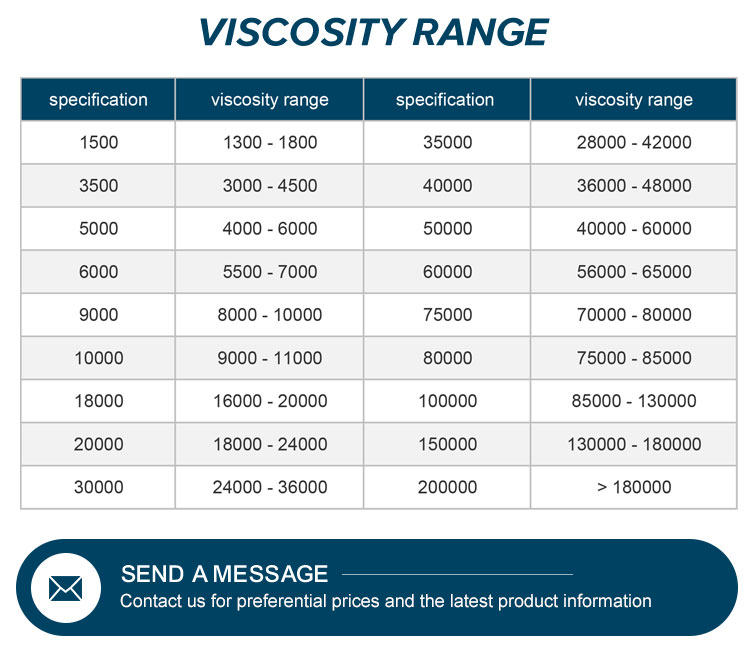
HPMC enhances the performance of refractory coatings in high-temperature applications.
About Shijiazhuang Gaocheng District Yongfeng Cellulose Co., Ltd.
Shijiazhuang Gaocheng District Yongfeng Cellulose Co., Ltd. is a leading manufacturer of cellulose derivatives, including HPMC. With a focus on quality and innovation, the company provides high-performance additives for the construction and chemical industries. Their products are designed to meet stringent industry standards, ensuring reliability and consistency in applications such as tile adhesives and cement formulations.
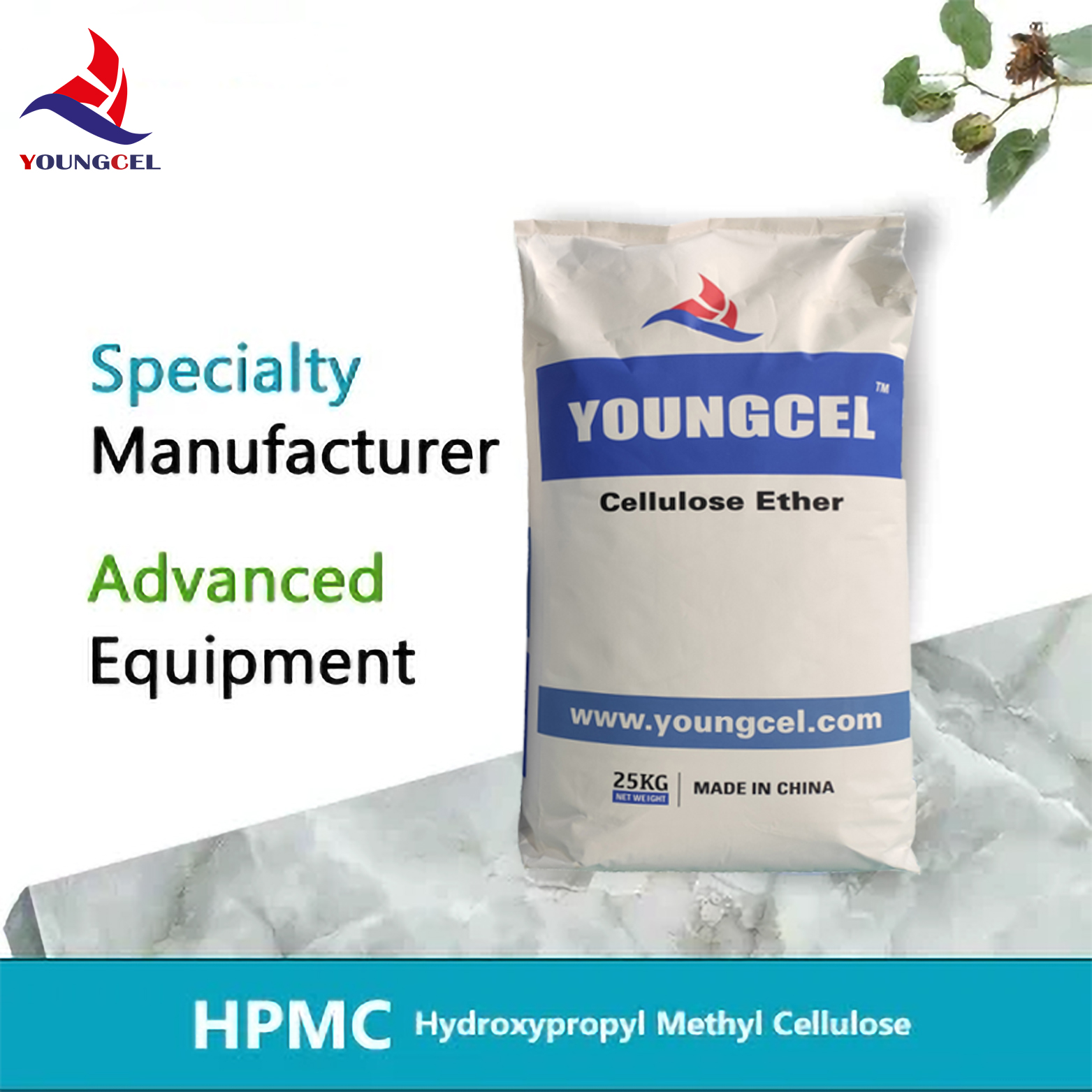
Shijiazhuang Gaocheng District Yongfeng Cellulose Co., Ltd. specializes in cellulose-based additives.
Industry Standards and Certifications
HPMC complies with international standards for chemical additives, ensuring its suitability for global construction markets. The product is certified for purity (99%) and meets the requirements of the National Institute of Standards and Technology (NIST) for material performance and safety. For more information on NIST standards, visit NIST's official website.
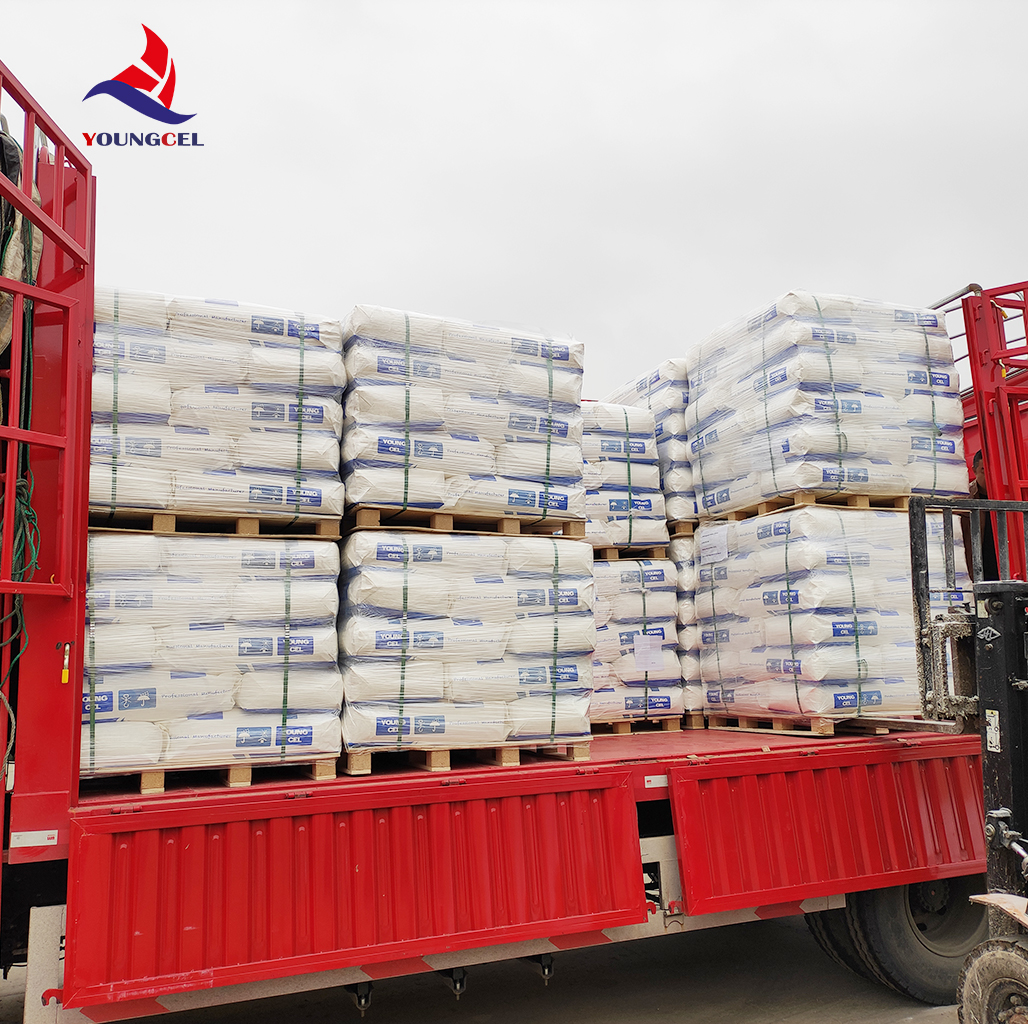
HPMC is packaged in 25kg net weight units for easy handling and storage.
Conclusion
Hydroxypropyl Methyl Cellulose (HPMC) is an indispensable additive in modern construction, offering unmatched performance in cement mortars, tile adhesives, and refractory coatings. Its advanced properties, including water retention, dimensional stability, and adhesion, make it a preferred choice for builders and manufacturers. Explore HPMC applications and discover how Shijiazhuang Gaocheng District Yongfeng Cellulose Co., Ltd. delivers high-quality solutions for the construction industry.
References
NIST (National Institute of Standards and Technology). (n.d.). https://www.nist.gov/
-
Understanding Methyl 2 Hydroxyethyl Cellulose: Uses, Benefits & Industry InsightsNewsNov.24,2025
-
Hydroxyethyl Methyl Cellulose HEMC: Industrial Uses, Benefits & Future TrendsNewsNov.23,2025
-
HEMC Cellulose: Versatile & Sustainable Industrial Polymer | YoungcelNewsNov.23,2025
-
Methyl Hydroxyethyl Cellulose: Versatile Building Block for Industry & SustainabilityNewsNov.23,2025
-
CAS 9032 42 2: Understanding Polyvinyl Alcohol's Impact on Industry & SustainabilityNewsNov.22,2025
-
Hydroxyethyl Methyl Cellulose: Versatile Solutions for Modern Industry and SustainabilityNewsNov.22,2025




